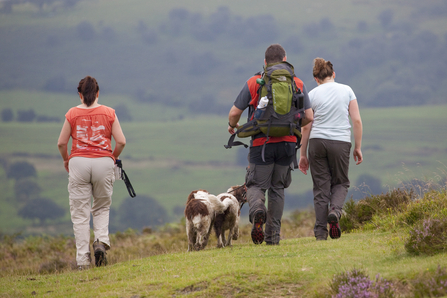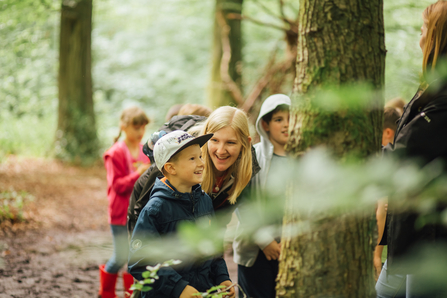In its assessment of the direct and indirect contribution made by The Wildlife Trusts to the health and wellbeing of local people, The University of Essex concluded:
“Considered together with the key findings from the Phase 1 literature review, the results suggest that Wildlife Trusts provide significant and important contributions to both the promotion of good public health and to Green Care (the use of nature-based interventions to treat diagnosed illnesses) in the UK.”



